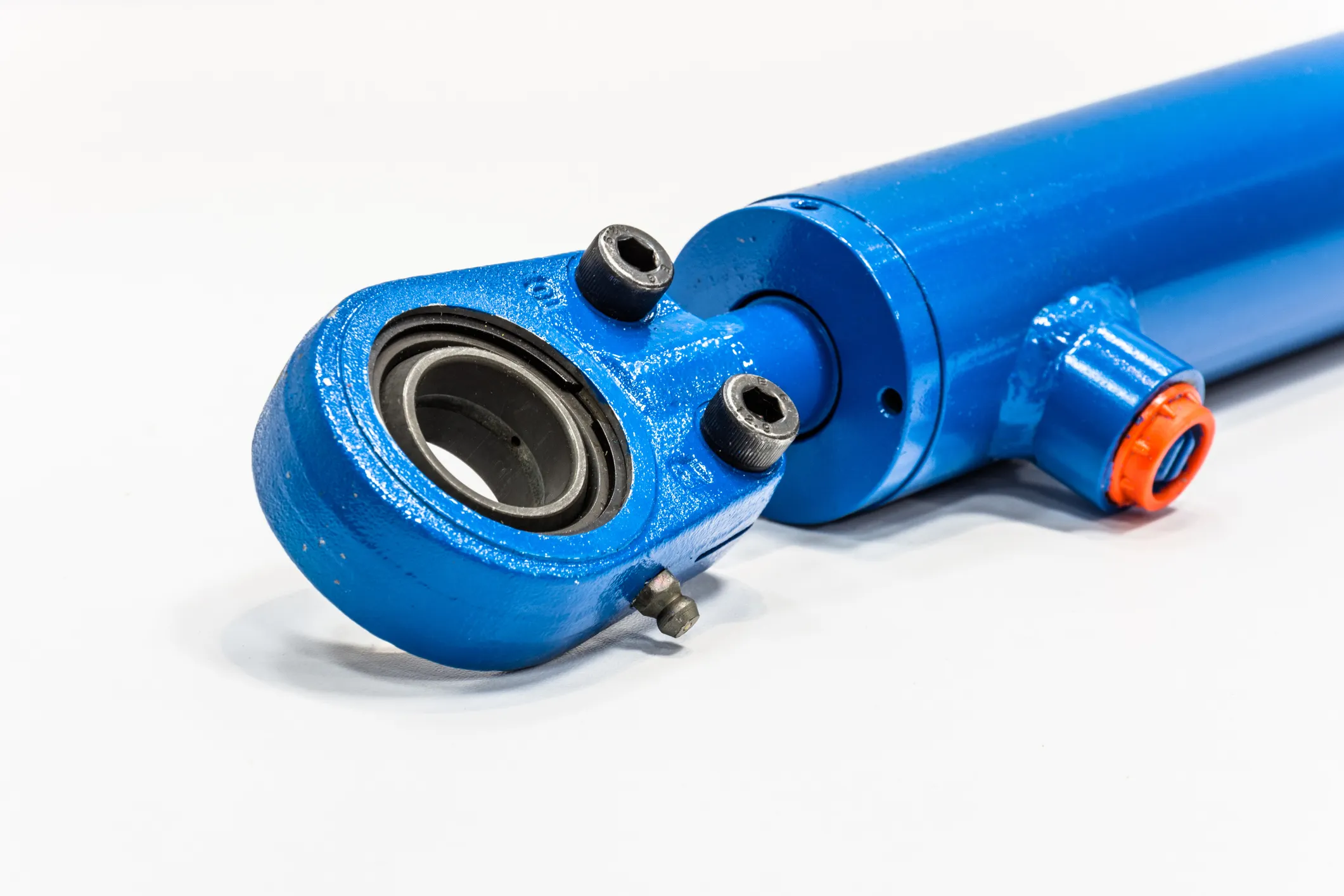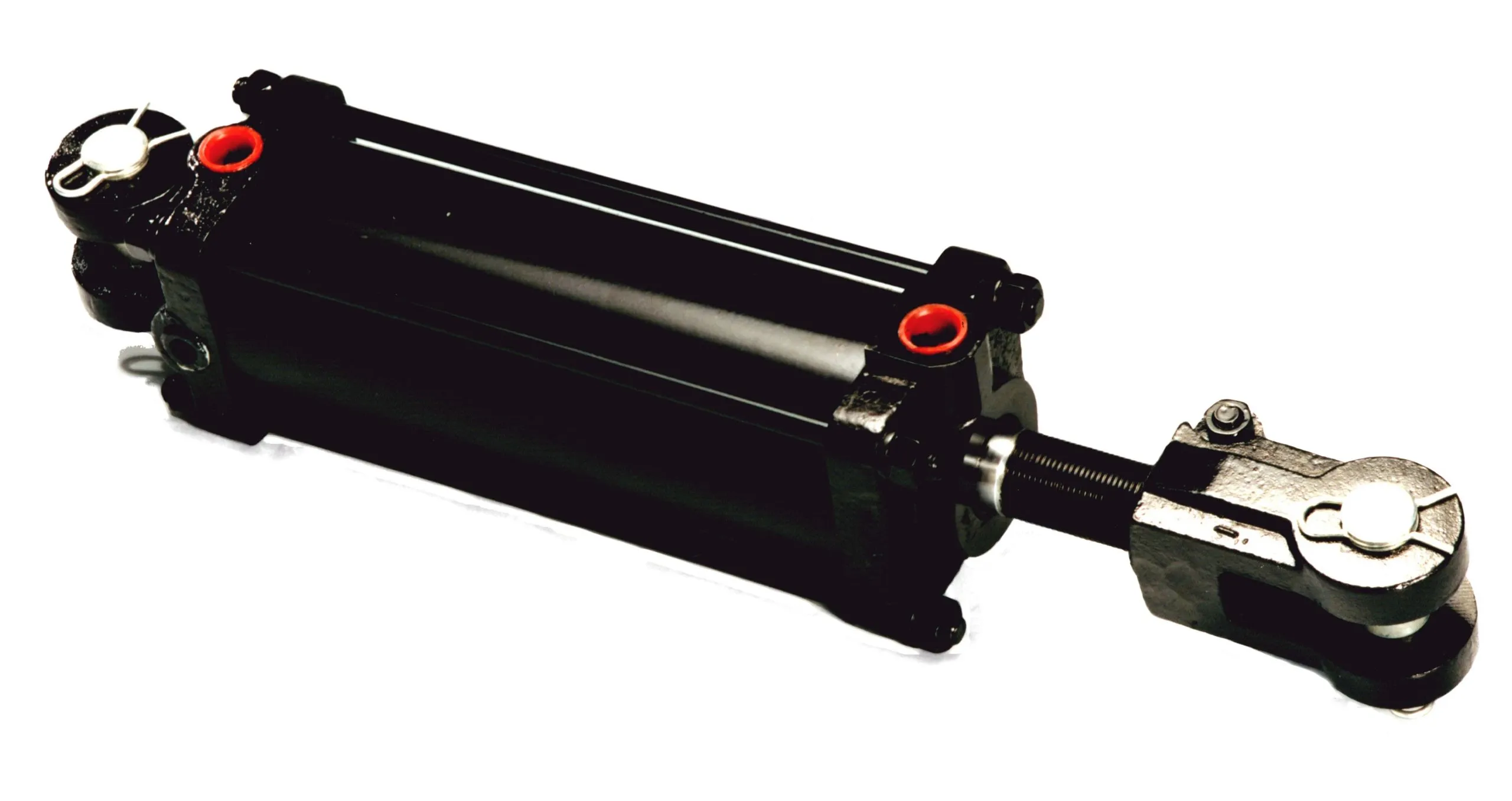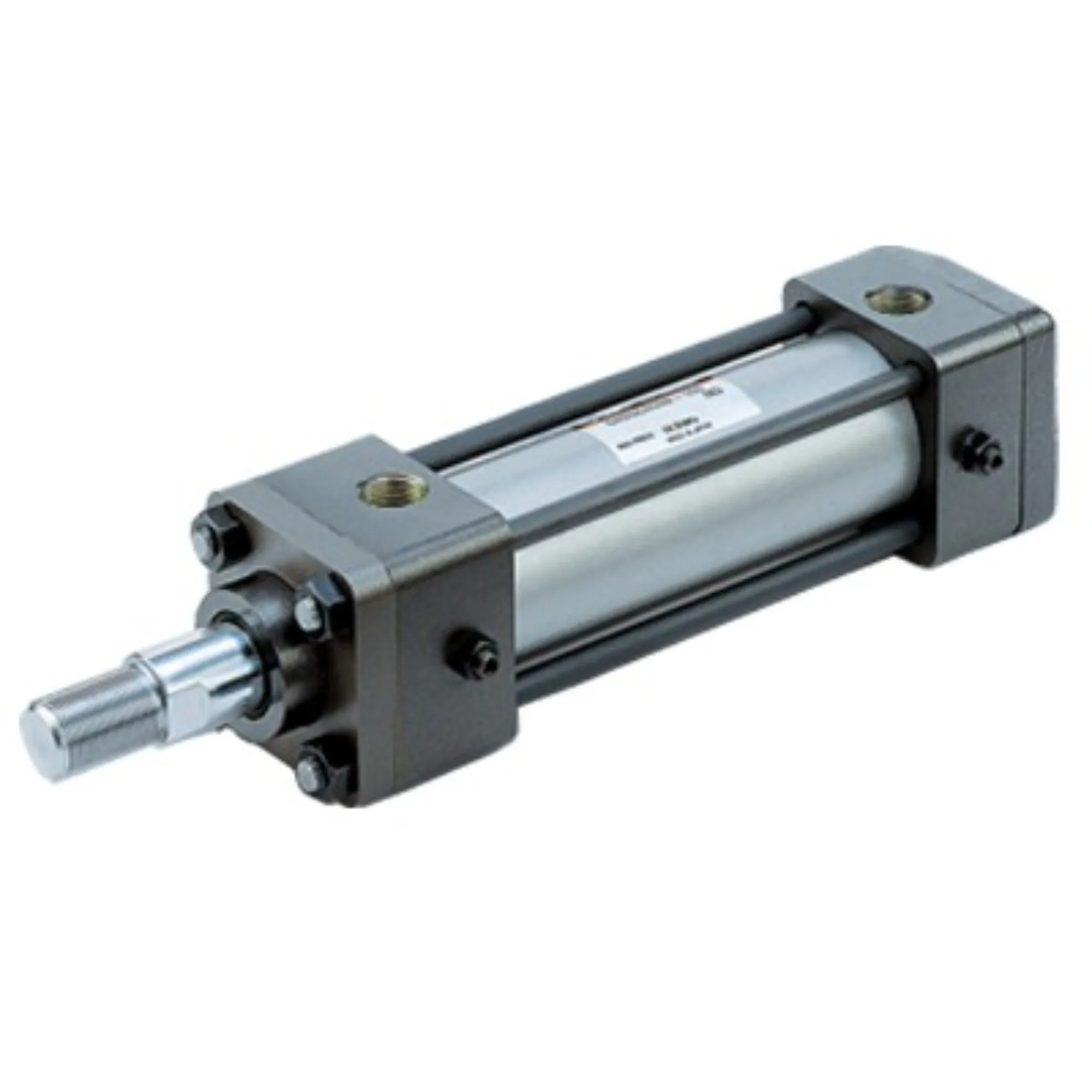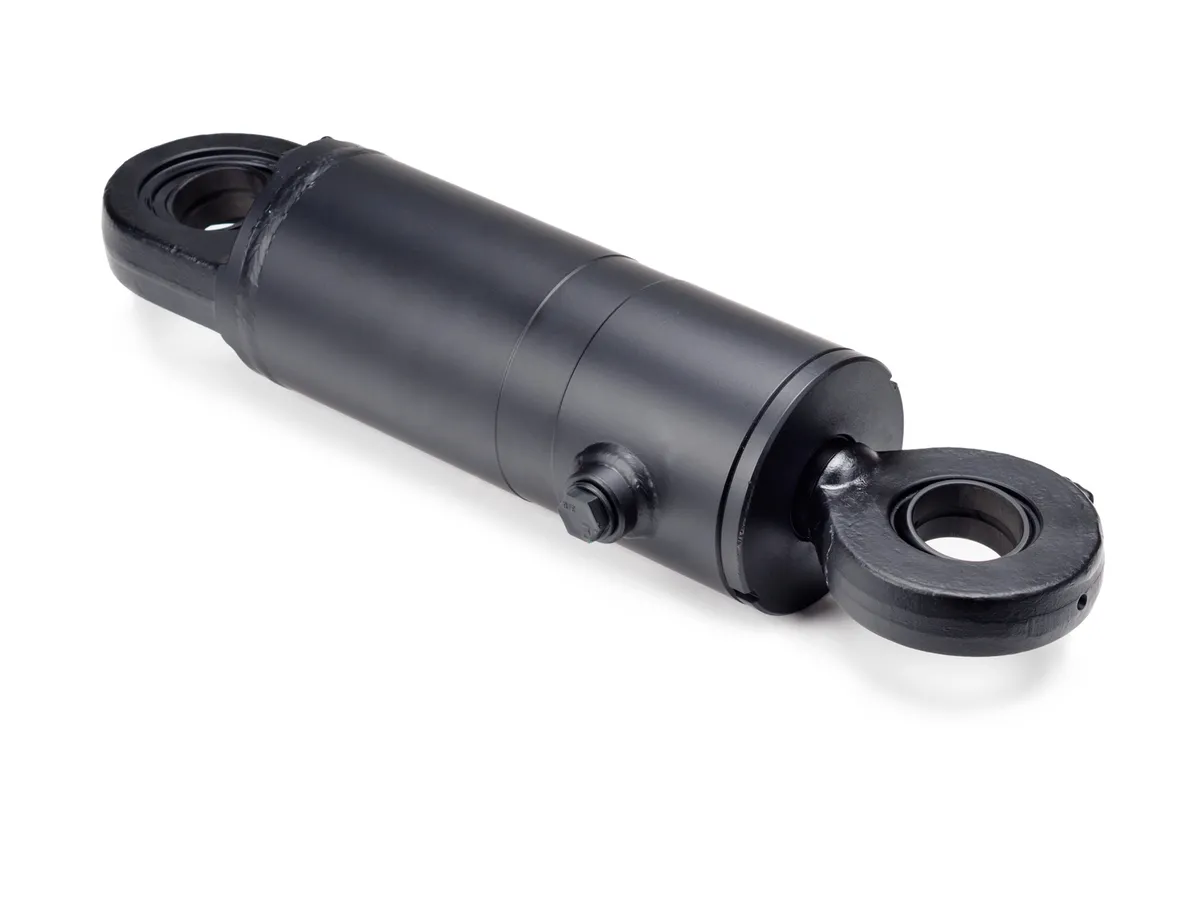The Comprehensive Guide to Spring-Return Single-Acting Hydraulic Cylinders
Introduction to Spring-Return Single-Acting Hydraulic Cylinders
Spring-return single-acting hydraulic cylinders are a type of hydraulic cylinder that utilizes hydraulic oil to expand the piston. When pressure is released, the built-in spring automatically retracts the piston.
Design and Construction Characteristics
- Single-acting structure: Hydraulic oil pressure moves the piston in one direction, with return dependent on the built-in spring.
- Spring selection: An appropriate spring must be chosen for quick and complete reset after pressure release.
- Sealing design: High-quality materials prevent oil leakage, ensuring efficiency and safety.
- Strength and durability: Materials like high-strength steel are chosen for pressure and impact resistance.
Construction and Assembly Process
The assembly process requires precise alignment of components, especially the piston and cylinder block, to minimize friction and wear. Welding and connections must be strong to prevent oil leakage under pressure.
Testing and Debugging
After assembly, rigorous pressure and functional testing is essential to ensure proper operation in real-world conditions.
Working Principle of Spring-Return Single-Acting Hydraulic Cylinders
When hydraulic oil is pumped into the cylinder, it extends the piston. Release of pressure triggers the spring mechanism to retract the piston to its original position.
Types and Configurations
There are three types of spring-return single-acting hydraulic cylinders, each with unique configurations suited for different applications.
Key Benefits

- Safety – Automatic reset
- Simplicity – Simple design
- Cost-effective – Economical and practical
- Flexible operation – Strong adaptability

Application Scenarios
Spring-return single-acting hydraulic cylinders find use in industrial machinery, construction equipment, agricultural machinery, automotive industry, packaging, and handling.
Design Considerations and Selection Criteria
Considerations like bearing capacity, sealing, durability, safety, and maintainability play a vital role in choosing the right hydraulic cylinder for a specific application.
Sealing and Lubrication
Proper selection of seals and regular lubrication are crucial for the longevity and efficient operation of spring-return single-acting hydraulic cylinders.
Regular Inspection and Maintenance
Implementing regular inspection and maintenance routines can prevent unexpected failures and ensure optimal performance of hydraulic cylinders.
Correct Installation Guide
Follow the recommended installation guidelines to ensure the proper functioning and longevity of spring-return single-acting hydraulic cylinders.
Maintenance Tasks
Regular inspection, proper lubrication, seal replacement, and calibration checks are essential maintenance tasks to prolong the life of hydraulic cylinders.
Safety Considerations

Adhering to safety measures and considering environmental factors are crucial when operating hydraulic cylinders to prevent accidents and ensure workplace safety.
Unit Power
Understanding the factors influencing unit power like hydraulic system pressure, piston area, and spring characteristics is essential for optimizing the performance of hydraulic cylinders.
Optimizing Power Unit
Optimizing the power unit of spring-return single-acting hydraulic cylinders can lead to improved efficiency, energy savings, and enhanced reliability of equipment.
FAQs
1. How does the spring mechanism work in spring-return single-acting hydraulic cylinders?
2. What are the main applications of spring-return single-acting hydraulic cylinders?
3. What are the advantages of using a spring-return design?

Long-Tail Keywords
1. Spring-Return Single-Acting Hydraulic Cylinder Design
2. Spring-Return Single-Acting Hydraulic Cylinder Maintenance
3. Spring-Return Single-Acting Hydraulic Cylinder Applications
Our Company
We are a leading hydraulic cylinder manufacturer offering a complete product line and customized services to meet the diverse needs of our customers worldwide.
